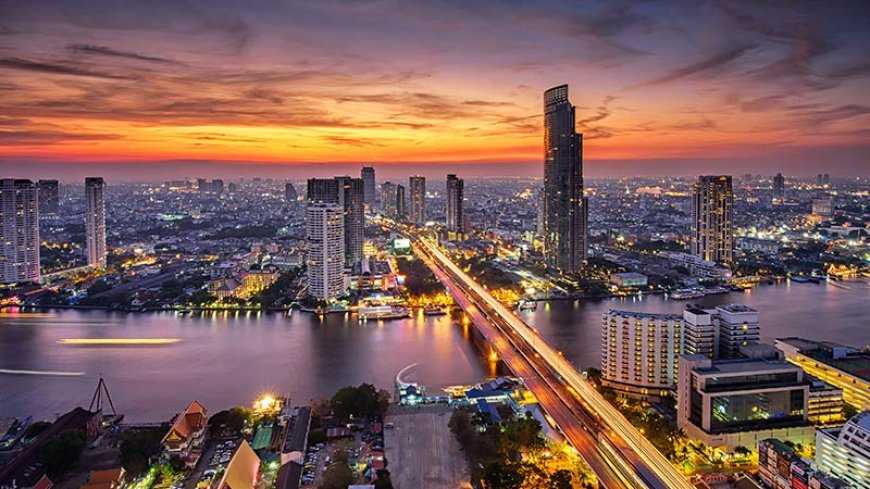PM Sretha’s Vision :Waking Up Thailand From Populist Policies To Pillars Of Growth?

PM Sretha’s Vision :Waking Up Thailand From Populist Policies To Pillars Of Growth?
Thailand has been in a slumber for more than a decade with the country running in auto mode.
Flashbacks to General Prayuth Chan-O-Cha administration days reminds us that Thailand was coined ‘The sick man of Southeast Asia’ and perhaps the headline by the Japanese media, Nikkei Asia, in 2021 sums it all, ‘Thai Economy Is A Disaster In Slow Motion.’
Much has been said about Pheu Thai and their populist policies, where the party and its predecessor parties were known for economic policies that revitalized the economy more broadly at the grass root level.
Today, the Pheu Thai government, with Sretha Thavisin as Prime Minister, seems to be concentrating on new pillars of growth rather than on populist policies, which over the years have been copied by other parties.
It can be argued that the party’s signature campaign promise of a 10,000 Baht Digital Wallet Scheme for Thais under a certain monthly salary is an enormous budgeted populist policy.
However, the original intention of the 10,000 baht digital wallet scheme was not meant to be a populist handout but as a policy to stimulate domestic spending , judging from the original plan of giving 10,000 baht to every Thai above 16 years.
PM Sretha has himself reiterated this fact on many occasions.
‘Soft Power’ another flagship policy is about creating new pillars of growth based on a creative economy, which hopefully will not only concentrate on certain ‘creative industries’but on creativity and innovation in all industries as a whole,moving away from the 19th-century-focus on manufacturing.
Interestingly, PM Sretha recently shared his vision of ‘Ignite Thailand’ with 8 hubs to be developed, including food, tourism, medical treatment, electric vehicles, digital economy, finance, logistics and aviation.
The concentration is on building up on and reinforcement of old pillars of growth such as food and agriculture, medical treatment, electric vehicles, while at the same time setting up digital economy, finance, logistics and aviation hubs as new pillars of growth.
It’s clear that PM Sretha has his vision set on building engines of growth and moving away from populist policies of handouts.
Is this a good move for the Pheu Thai party and the country?
While populist policies may have worked for the country even a decade ago, it had not succeeded as an economic tool under the previous administration of General Prayuth Chan-0-Cha. Some say the execution of populist policies were flawed but could it be that populist policies have run it’s course for the Thai economy?
New bold ideas are now needed to wake up Thailand from its slumber and going down the engine of growth path will create new avenues for bringing in revenue for the country, apart from the traditional engines of growth such as tourism and exports.
To promote traditional hubs and build new ones the government would need to reinforce the foundation of the old and build solid foundation for the new, which would include employing new systems and creating talent pools to support the growth for each engine of growth or hub.
This in turn will sort out many structural underlying problems of the country in the long run.